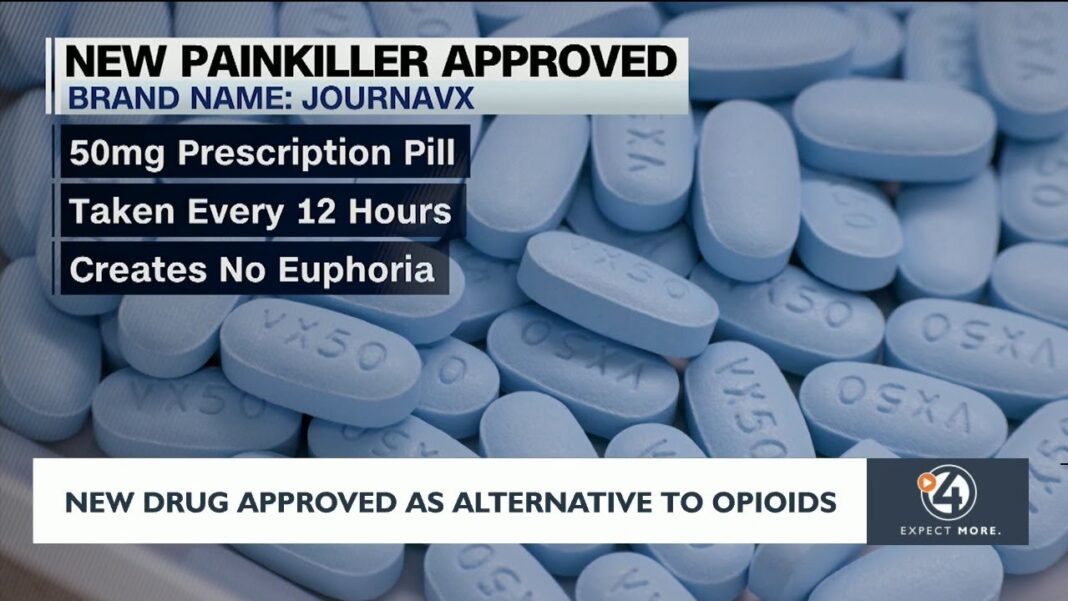A recent poll put the newcomer ahead of the two establishment parties that have dominated British politics for over a century.
For the first time, a poll has put the right-wing Reform UK, led by Nigel Farage, ahead of the two establishment parties that have dominated British politics for more than a century.
The shift mirrors a broader wave of populist movements across Europe that have replaced both left and right-wing establishment parties in government, or significantly altered electoral math and political calculations.
And while pollsters differ on the significance of the latest poll, they agree that the new party—with its avowed mission to destroy the Conservative Party—has upended the long-standing norms of British politics.
“This is a trend across the Western world. I think in Europe, it’s a trend that’s very connected to poor economic performance,” Anand Menon, professor of European Politics and Foreign Affairs and director of the think tank UK in a Changing Europe, told The Epoch Times.
Pollsters also suggest that the rise in popularity of Reform is also attributed to frustration over the Conservative government’s handling of immigration and energy policy.
Reform was founded in 2021 as the successor to the Brexit Party, itself formed as a spin-off of the UKIP party after Farage resigned in 2018. After a break from front-line politics, Farage joined Reform as its leader only last year, ahead of the general election in July.
At the Reform conference in Birmingham last September, Farage said that the “Conservative brand is bust” and that Labour is his main target.
The party has claimed that Reform now has more members than the Conservatives, though Tory Party leader Kemi Badenoch disputed the figures.
A poll by Find Out Now on Jan. 24 showed Reform leading with 26 percent, overtaking both the Conservatives (23 percent) and Labour (22 percent), marking a 4-point rise since November 2024—the first of any poll to do so.
The poll also said that Reform won more than one-fifth of 2024’s general election Conservative voters as well as almost half (46 percent) of people who didn’t vote in 2024 but say they would “definitely vote” this time.
“Notably they have not dropped in support over any of our voting intention polls since November,” it added.
By Owen Evans






